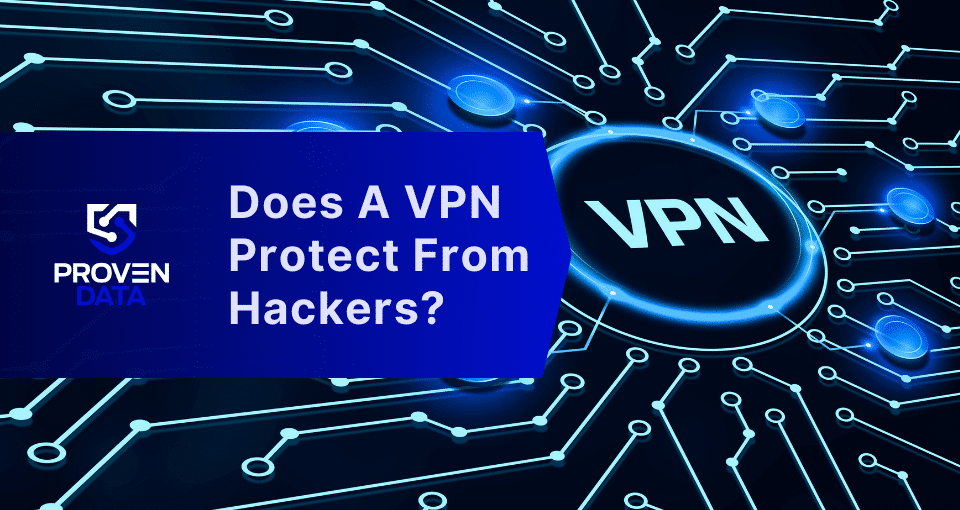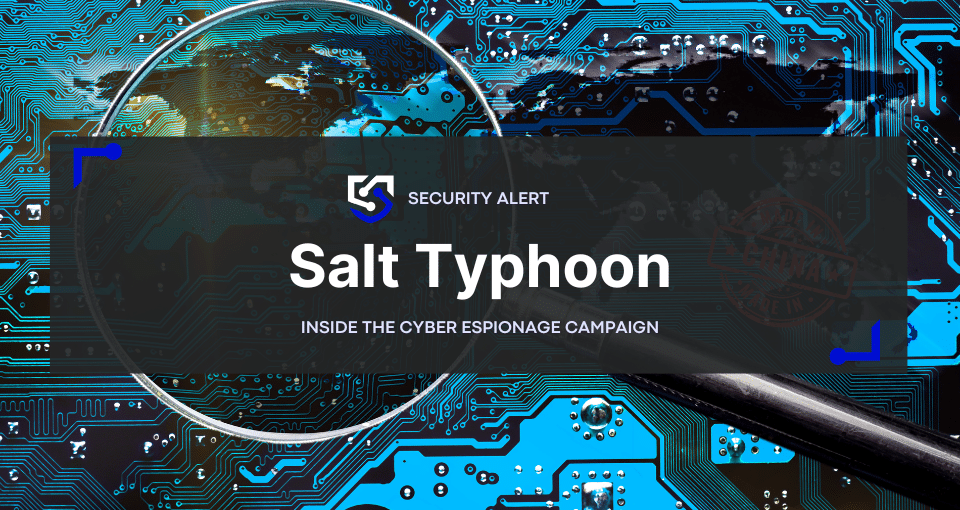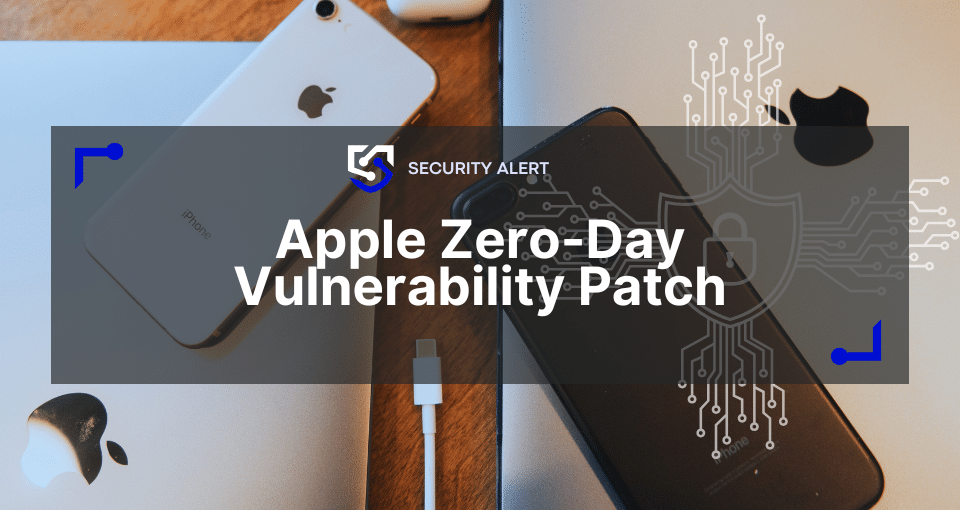A VPN, or Virtual Private Network, acts like a secure tunnel for your internet traffic. It encrypts your data, scrambling it so hackers can’t see what information you’re sending and receiving. This encryption makes it extremely difficult for hackers to steal your personal information or infect your device with malware.
So, does a VPN protect you from hackers?
Yes, VPNs protect users from hackers. They hide users’ real IP addresses, making it challenging for hackers to target them, and they can prevent various types of cyber attacks, including DDoS attacks, Man-in-the-Middle attacks, malware infections, session hijacking, and phishing attempts.
Can you be hacked while using a VPN?
Technically, yes, you can be hacked while using a VPN, but it’s much less likely. A good VPN encrypts your data, making it very difficult to steal.
However, VPNs have limitations, such as their inability to protect against malware and phishing attacks that have already compromised a device and human errors.
Pro tip: While VPNs provide significant protection against hackers, users should also employ additional cybersecurity measures for comprehensive security.
How can a VPN help to prevent hackers from accessing your data?
VPNs offer encryption and other security features that make it difficult for hackers to intercept or access users’ data. This is because a VPN (Virtual Private Network) is a technology that creates an encrypted connection over the internet between your device and a remote server operated by the VPN service provider.
Here are the main ways that a VPN can protect your data:
Data encryption
VPNs encrypt your data, ensuring that even if hackers manage to intercept your data, they won’t be able to decipher it without the encryption key.
Does VPN protect against man-in-the-middle attacks?
Yes, VPN can protect against man-in-the-middle (MITM) attacks. Thanks to the encryption it can prevent attacks and allows you to use public WI-FI securely.
IP address masking
VPNs hide your real IP address and assign you a different IP address from their server. This makes it difficult for hackers to determine your location or target your specific device.
Hiding your real IP address also makes it difficult for hackers to launch Distributed Denial of Service (DDoS) attacks against your device or network.
Ad blockers and additional security features
Some VPN providers offer ad blockers and other security features that can help prevent malware infections and phishing attempts, further enhancing your protection against hackers.
What are the limitations of a VPN?
While VPNs are useful privacy tools, they should be combined with other security practices like keeping software updated, using antivirus, and enabling two-factor authentication where possible.
Here are the main cyber security threats that VPNs are too limited to provide any significant protection:
Inability to prevent malware
VPNs primarily focus on encrypting data and hiding IP addresses, but they do not provide comprehensive protection against malware.
While some VPNs may include basic ad blockers or malware protection features, they are not as robust as dedicated antivirus software.
Vulnerability to phishing attacks
VPNs may block access to known malicious websites, but they cannot prevent users from falling victim to phishing attacks and providing personal information to fraudulent sites or emails. Your internet traffic will be encrypted, but it does not prevent malware or viruses from infecting your device if you accidentally download them or visit malicious websites.
Dependence on human behavior
Dependence on human behavior
VPNs rely on users to enable and configure them correctly. If users forget to activate their VPN or inadvertently disable it, they may expose themselves to cyber threats.
Additionally, human error, such as using weak passwords or falling for social engineering tactics, can undermine the effectiveness of VPN protection.
Pro tip: If you do fall victim of a hacker attack, you can contact Proven Data experts for malware and ransomware removal and to restore any lost or corrupted data.







